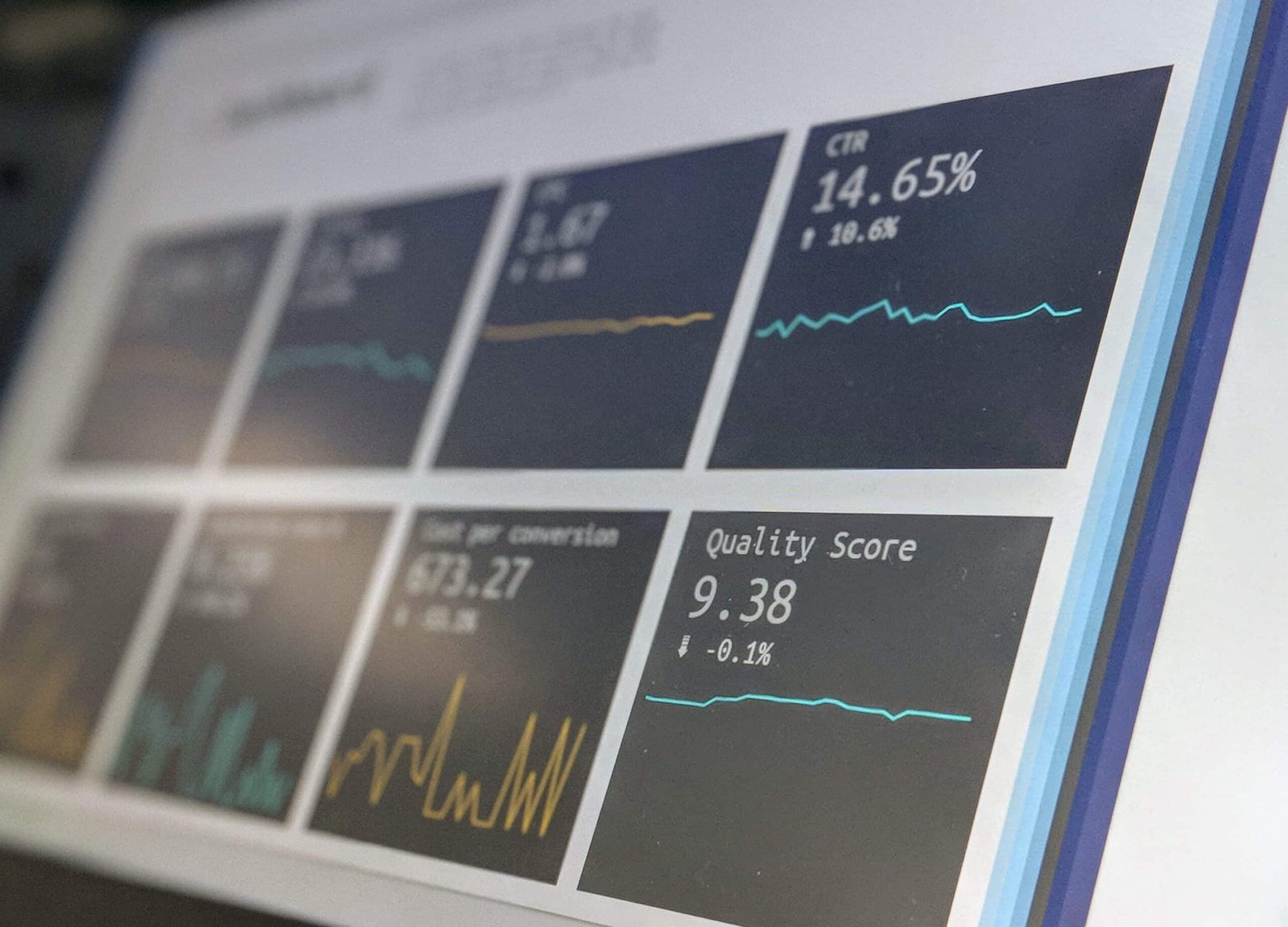
Understanding the Credit Reporting System
When it comes to managing your personal finances, having a good credit score is crucial. It affects your ability to get loans, secure favorable interest rates, and even rent an apartment. But how exactly does the credit reporting system work? In this ultimate guide, we will demystify the process and empower you with the knowledge you need to navigate the credit reporting system.
![]() If you think credit repair costs a pretty penny, try swiping a maxed-out card at a clearance sale. It’s like bringing monopoly money to a bidding war…
If you think credit repair costs a pretty penny, try swiping a maxed-out card at a clearance sale. It’s like bringing monopoly money to a bidding war…
What is Credit Reporting?
Credit reporting is the process by which credit bureaus collect and maintain information about your credit history. It involves gathering data from various sources, such as lenders, creditors, and public records, and compiling it into a credit report. This report contains information about your credit accounts, payment history, and any negative marks, such as late payments or bankruptcies.
The Role of Credit Bureaus
Credit bureaus, also known as credit reporting agencies, play a vital role in the credit reporting system. They are responsible for collecting and maintaining your credit information. The three major credit bureaus in the United States are Equifax, Experian, and TransUnion. These bureaus receive information from lenders and creditors and use it to generate your credit report and calculate your credit score. You can get your comprehensive, side-by-side report by visiting SmartCredit®.
How Credit Reports are Used
Lenders, landlords, and even potential employers use credit reports to assess your creditworthiness. They use this information to determine whether to approve your loan application, offer you a credit card, or rent you an apartment. A good credit report can open doors to better financial opportunities, while a poor one can limit your options.
Checking Your Credit Report
It is essential to regularly check your credit report to ensure that the information is accurate and up-to-date. You are entitled to one free credit report from each of the three major credit bureaus every year. You can request these reports online or by mail. Reviewing your credit report allows you to identify any errors or fraudulent activity and take appropriate action to correct them.
Improving Your Credit Score
If your credit report reveals negative marks or a low credit score, don’t despair. There are steps you can take to improve your creditworthiness. Start by making all your payments on time and reducing your credit card balances. Paying off debt and keeping your credit utilization low can have a positive impact on your credit score over time. Additionally, avoid opening new credit accounts unless necessary, and monitor your credit report regularly to track your progress.

Seeking Professional Credit Help
If you find yourself overwhelmed by the credit repair process or unsure of where to start, seeking professional credit help can be a wise decision. Credit repair companies specialize in identifying errors on your credit report, disputing inaccurate information, and working with creditors to improve your credit standing. However, it is essential to do your research and choose a reputable credit repair company with a proven track record.
Conclusion
Navigating the credit reporting system may seem daunting at first, but with the right knowledge and guidance, it becomes much more manageable. Understanding how credit reporting works, regularly checking your credit report, and taking steps to improve your credit score can help you achieve financial success. Remember, your credit history is not set in stone, and with time and effort, you can rebuild and strengthen it.
By arming yourself with credit knowledge and staying proactive, you can take control of your financial future and make informed decisions about credit. Whether you’re applying for a mortgage, seeking a car loan, or simply striving for financial stability, understanding the credit reporting system is the key to success.
Disclaimer: While credit repair can have a positive impact on your credit score and financial health, it is important to note that results may vary. Credit Solutions.AI® cannot guarantee specific outcomes, as each individual’s credit situation is unique.